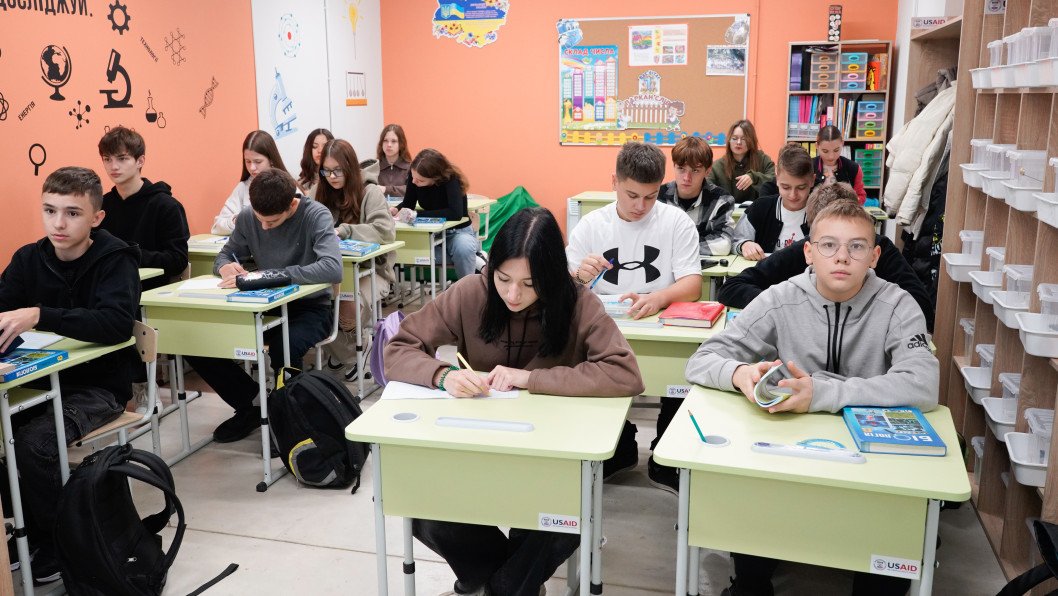- Category
- Latest news
Ukraine Launches Energy-Resilient Schools to Counter Russian Infrastructure Strikes

Ukraine is rolling out a large-scale initiative to make schools energy-independent, enabling them to function for up to 12 hours without electricity. The project comes in response to ongoing Russian attacks on the country’s energy infrastructure.
“Russia continues to strike at civilian energy facilities in Ukraine. The enemy is planning further attacks on the energy sector, though they may be less visible for now,” said Viktor Mykyta, Deputy Head of the Office of the President, in a statement posted on June 18 via Telegram.
Given the threat of continued outages, Mykyta stressed that Ukraine’s response at all levels must be practical and focused. “We are prepared to respond to any crisis or threat. We’ve proven this repeatedly over the past four years,” he said. “Based on our experience, education and healthcare are now among the top priorities at the local level.”
The immediate goal of the project is to create energy-resilient schools that can operate independently using solar panels and battery storage. These facilities would also serve as safe, heated community hubs where children can spend time outside of school hours, especially during blackouts.
“In the event of attacks on energy sites and power outages, these schools will become places where children can stay into the evening. They’ll be able to play sports, watch movies, attend lectures, and engage in educational games,” Mykyta said.
The project will be rolled out in stages. Stage one focuses on the largest hub schools that already have bomb shelters and solid-fuel heating systems. For schools that don’t have heating, the plan includes installing backup systems. Stage two will extend the initiative to all remaining hub schools across the country.
The full initiative includes three main phases:
Replacing all lighting with energy-saving bulbs to reduce electricity consumption;
Installing solar panels, battery systems, and inverters tailored to the needs of each school;
Equipping schools with materials and infrastructure to support extended student activities during off-hours.

Additionally, new after-school programs will be developed to match students’ ages and interests, offering safe and structured environments even during periods of limited electricity.
“The decision is based on lessons learned from existing energy-independent schools, which have proven the value of this model in real-world conditions,” Mykyta added.
Regional leaders have already been tasked with developing plans, calculations, and implementation schedules in collaboration with local communities. The aim is to complete the work before the upcoming fall-winter season.
Ukraine continues to face widespread power shortages due to repeated missile and drone strikes on its energy infrastructure. In recent months, operators have had to enforce rolling blackouts or emergency shutdowns to stabilize the grid.
Previously, it was reported that Russian schoolgirls are now being urged to “preserve their chastity” as a way to “empower” Russia.







